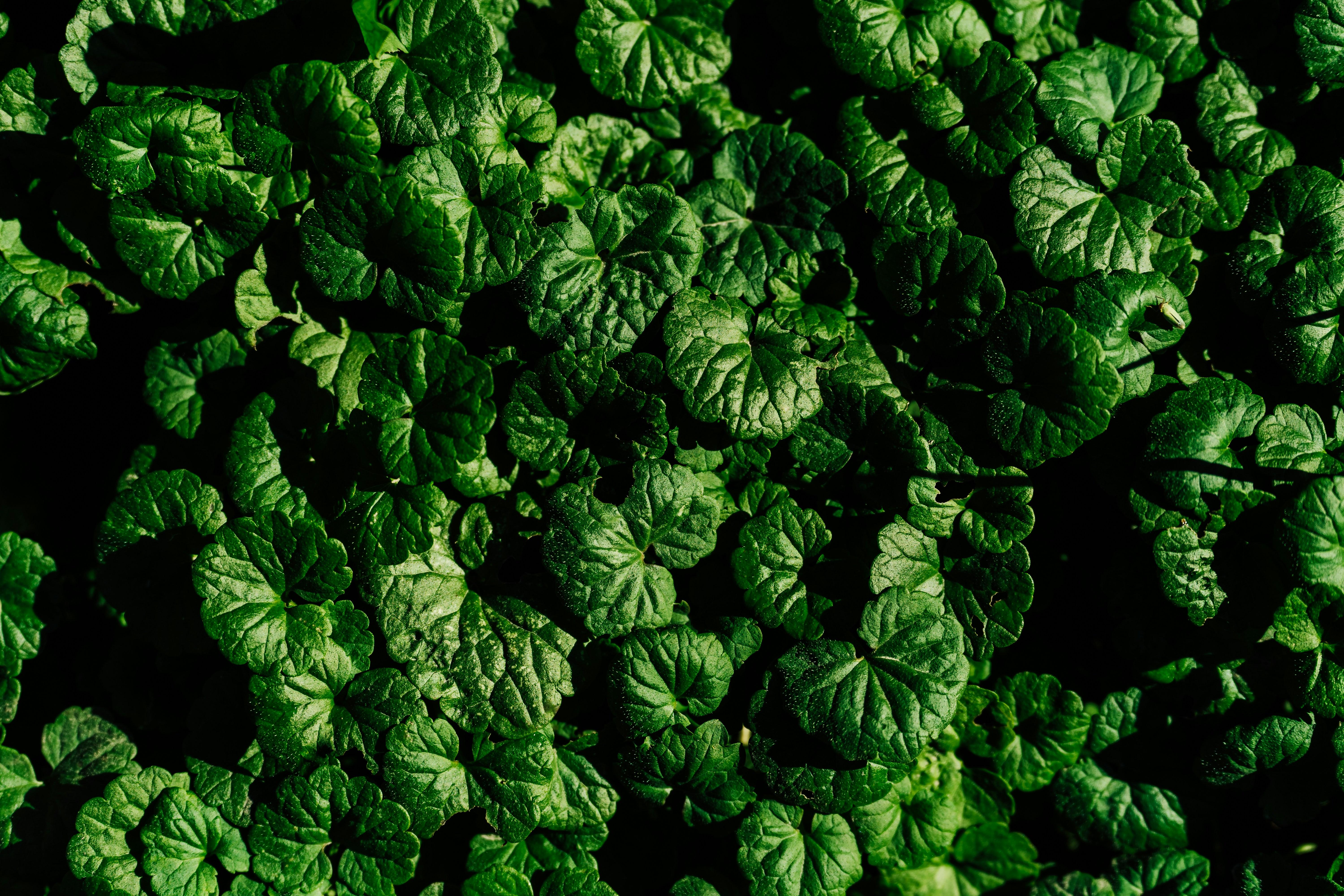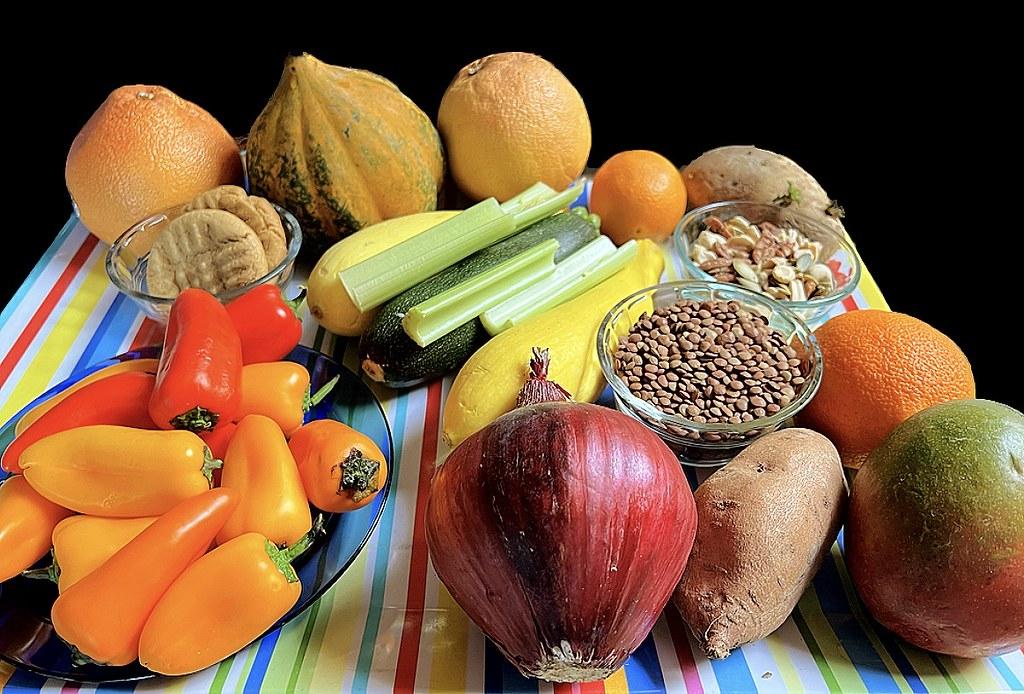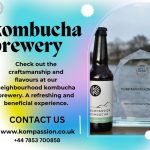In a world where dietary choices are as diverse as the cultures that shape them, the quest for optimal health often leads us to explore the potential benefits of what we eat. Among the myriad of dietary trends, the plant-based diet has emerged as a beacon of health and sustainability, capturing the attention of nutritionists, environmentalists, and everyday individuals alike. But beyond its impact on waistlines and carbon footprints, could a diet centered around fruits, vegetables, grains, and legumes hold the key to preventing one of humanity’s most formidable adversaries—cancer? This article delves into the intriguing intersection of plant-based eating and cancer prevention, examining the scientific evidence, expert opinions, and the compelling narratives that surround this vibrant and vital topic. Join us as we explore whether embracing the bounty of nature might not only nourish our bodies but also fortify them against the scourge of cancer.
Exploring the Science Behind Plant-Based Diets and Cancer Prevention
With a surge in interest surrounding plant-based diets, researchers have delved into the potential connection between consuming more plants and reducing cancer risk. At the heart of this exploration lies a rich tapestry of nutrients that plants offer, which may contribute to their protective effects. Phytochemicals, naturally occurring compounds found in fruits, vegetables, grains, and legumes, are under the spotlight for their role in cancer prevention. These compounds, such as flavonoids and carotenoids, are known for their antioxidant properties, which help neutralize free radicals and reduce inflammation, both of which are linked to cancer development.
Moreover, plant-based diets tend to be high in fiber, which has been associated with a lower risk of certain types of cancer, particularly colorectal cancer. Fiber aids in maintaining a healthy digestive tract by promoting regular bowel movements and fostering beneficial gut bacteria. A plant-based diet typically includes:
- A variety of fruits and vegetables - offering a spectrum of vitamins, minerals, and antioxidants.
- Whole grains - providing essential nutrients and fiber that support gut health.
- Legumes and nuts - rich in protein, healthy fats, and fiber.
While the evidence supporting plant-based diets as a tool for cancer prevention is promising, it’s important to remember that diet is just one factor among many that can influence cancer risk. However, the emphasis on whole, unprocessed plant foods is a common thread in dietary recommendations aimed at reducing the risk of chronic diseases, including cancer.
Key Nutrients in Plant Foods That May Combat Cancer
Incorporating a variety of plant foods into your diet can provide a robust arsenal of nutrients that may help in the fight against cancer. Phytochemicals, naturally occurring compounds found in plants, are renowned for their potential anti-cancer properties. These include flavonoids, carotenoids, and glucosinolates, each playing a unique role in protecting cells from damage. For instance, carotenoids, which give carrots and sweet potatoes their vibrant orange hue, are potent antioxidants that neutralize harmful free radicals.
- Fiber: Essential for maintaining a healthy digestive system, fiber can help reduce the risk of colorectal cancer by promoting regular bowel movements and reducing inflammation.
- Vitamins and Minerals: Vitamins like C and E, along with minerals such as selenium, act as antioxidants, protecting the body’s cells from oxidative stress and DNA damage.
- Omega-3 Fatty Acids: Found in sources like flaxseeds and walnuts, these essential fats have anti-inflammatory properties that may inhibit cancer cell growth.
By embracing a diet rich in these plant-based nutrients, individuals may bolster their natural defenses against the onset and progression of cancer. The diverse array of vitamins, minerals, and other beneficial compounds found in fruits, vegetables, nuts, and seeds offer a promising approach to disease prevention and overall health enhancement.

Balancing Your Plate: Practical Tips for a Cancer-Preventive Diet
Crafting a diet that supports cancer prevention involves more than just adding more greens to your meals. It’s about creating a harmonious balance on your plate that integrates a variety of nutrients essential for optimal health. Start by filling half of your plate with colorful fruits and vegetables. These are rich in antioxidants, which help protect your cells from damage. The more diverse your selection, the better; each color provides different protective benefits.
- Whole grains like quinoa, brown rice, and oats provide necessary fiber and energy.
- Include a portion of lean proteins such as beans, lentils, or tofu to support cell repair and growth.
- Sprinkle in healthy fats from sources like avocados, nuts, and olive oil, which are crucial for nutrient absorption.
Remember, moderation is key. While plant-based foods are central to a cancer-preventive diet, ensuring a variety of food groups can enhance the effectiveness of your nutritional strategy. Embrace creativity in your meals, experiment with spices and herbs for added flavor, and aim for a diverse palette that not only pleases your taste buds but also fortifies your health.

Potential Pitfalls of Plant-Based Eating and How to Avoid Them
While embracing a plant-based diet can offer numerous health benefits, including a reduced risk of certain cancers, it’s crucial to be aware of some potential pitfalls to ensure balanced nutrition. One common concern is the risk of nutrient deficiencies, such as vitamin B12, iron, and omega-3 fatty acids, which are primarily found in animal products. To combat this, consider the following strategies:
- Vitamin B12: Incorporate fortified foods like plant-based milks and cereals or consider a B12 supplement.
- Iron: Opt for iron-rich plant foods such as lentils, chickpeas, and spinach, and pair them with vitamin C-rich foods to enhance absorption.
- Omega-3 Fatty Acids: Include flaxseeds, chia seeds, and walnuts in your diet, or explore algae-based supplements.
Another potential challenge is the tendency to rely on processed plant-based foods, which can be high in sodium and unhealthy fats. To avoid this, prioritize whole foods like fruits, vegetables, grains, and legumes. Crafting a diverse and balanced meal plan ensures you reap the health benefits of a plant-based diet while minimizing potential downsides.
Final Thoughts
In the ever-evolving landscape of health and nutrition, the question of whether a plant-based diet can prevent cancer remains both intriguing and complex. As we traverse the intricate pathways of scientific research, one thing becomes clear: while no single dietary choice offers an absolute shield against cancer, the benefits of a plant-based diet are compelling. Laden with nutrients, antioxidants, and fiber, these diets have the potential to play a supportive role in a holistic approach to health.
Yet, it is essential to remember that diet is but one piece of the puzzle. Genetics, environment, lifestyle, and early detection all weave into the broader tapestry of cancer prevention. As we continue to unravel the mysteries of cancer, the conversation around plant-based diets serves as a reminder of the power of informed choices and the ongoing journey toward understanding our bodies.
embracing a plant-based diet may not be a guaranteed guardian against cancer, but it certainly offers a promising path to enhanced well-being. As we close this exploration, let us remain curious, open-minded, and committed to nurturing our health in every possible way. After all, the journey to wellness is as much about the questions we ask as the answers we find.




